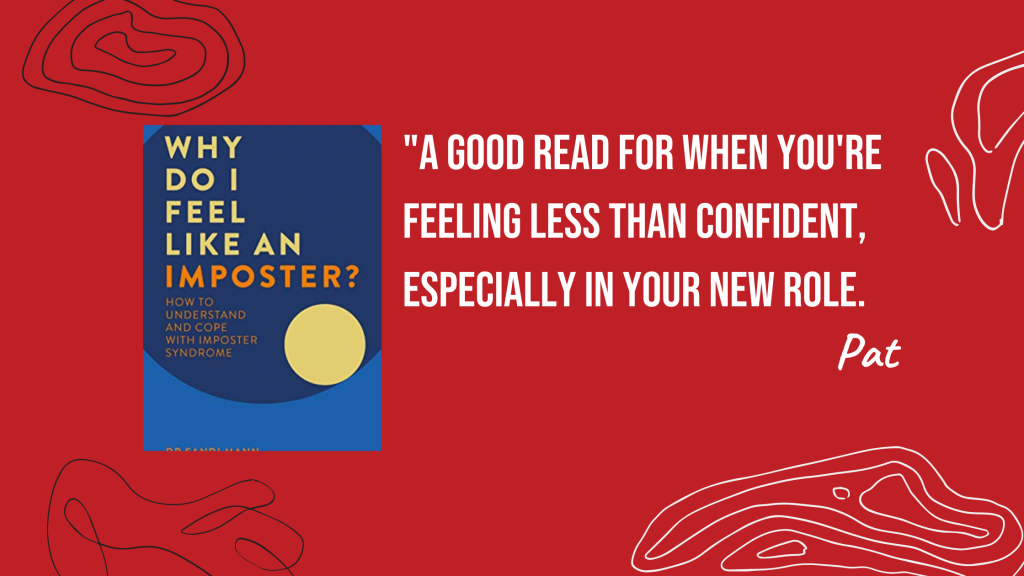Everyone has Imposter Syndrome at Some Point

The first thing to understand about imposter syndrome—everyone has it at some point.
Your colleagues have it.
Your boss has it.
Even the world’s most successful people struggle with imposter syndrome.

Your feelings of “I’m not good enough” and “When is the other shoe going to drop” are symptoms of imposter syndrome. Understanding that is the first step.
How to Combat Imposter Syndrome
Get into the habit of questioning your thoughts.
It’s easy to get lost in a spiral of toxic thinking. Immediately going to the worst-case scenario. That’s the imposter syndrome talking and it’s in your head, which means it’s in your control. When you’re doubting yourself, ask where the thoughts are coming from. Is it really possible that you have been fooling everyone all this time?
Make journaling part of your daily routine.
Journaling your thoughts is one of your best tools to combat imposter syndrome. A few idea starters to guide your writing include:
This is what I thought at the time.
Here is the evidence to the contrary.
Treat yourself like a colleague.
What would you say to someone in your network who was doubting their worth? How would you help them feel confident and valuable? Use that same language when you’re talking to yourself. Remind yourself that you are worthy of success and security.
Need some help? Reach out to a colleague in your network and ask them to give you input on your thoughts. The more you can build a case against your doubts, the easier you’ll conquer your imposter syndrome.
Remember—always choose the thoughts that serve you.
Feeling like an imposter? Sandi Mann’s book is a great read when you lack confidence and need some extra support.

